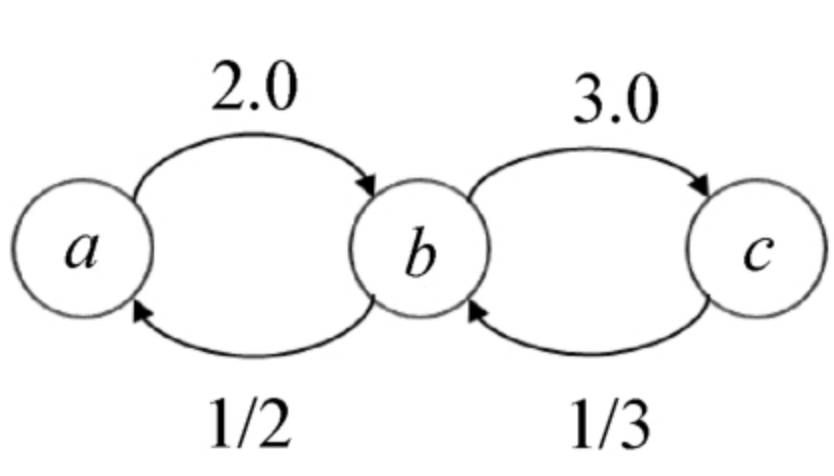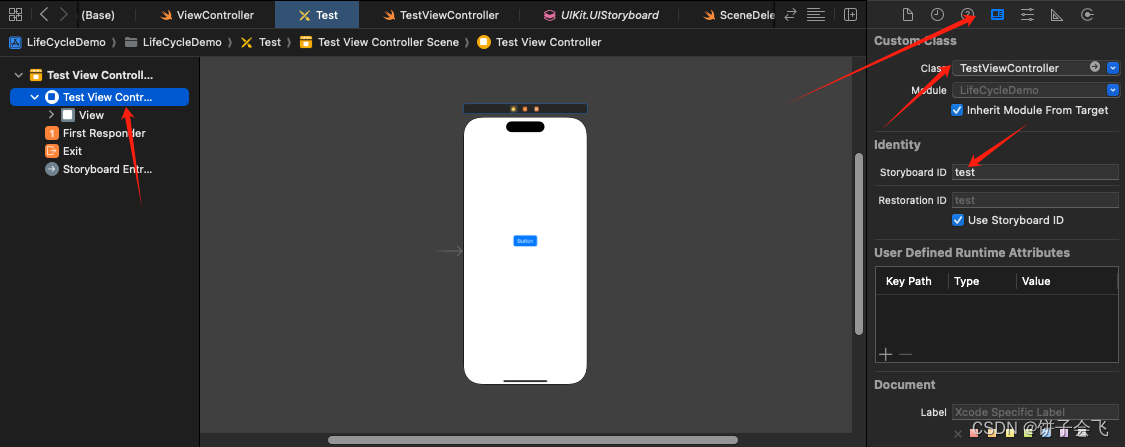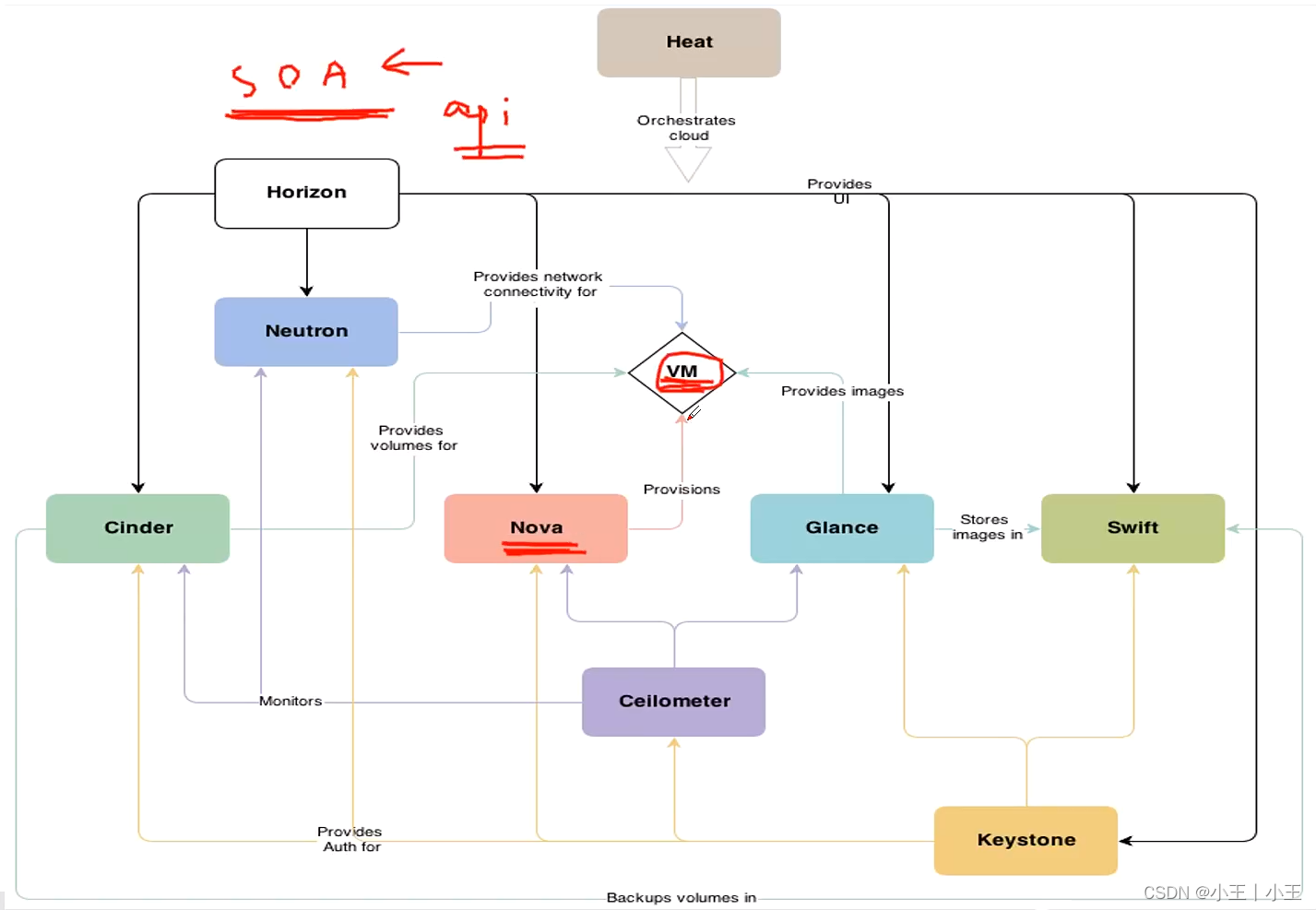0x00 Lesson
If you use any external values inside your closure, Swift capture them – stores them alongside the closure, so they can be modified even if they don’t exist any more.
Right now we have a travel() function that returns a closure, and the returned closure accepts a string as its only parameter and returns nothing:
We can call travel() to get back the closure, then call that closure freely:
Closure capturing happens if we create values in travel() that get used inside the closure. For example, we might want to track how often the returned closure is called:
Even though that counter variable was created inside travel(), it gets captured by the closure so it will still remain alive for that closure.
So, if we call result("London") multiple times, the counter will go up and up:







